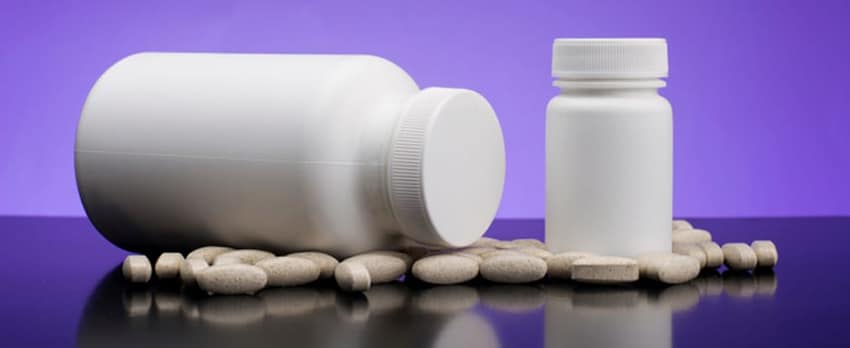
Reproductive and sexual health for women is a top priority for Woodlands OBGYN Associates. We offer the best in women’s healthcare and OBGYN services, always striving to offer the latest technologies and procedures. Of course, we are always available to answer any questions you may have.
A frequently asked question from patients is “what medications might affect my sex drive?” There are a variety of medications that can directly affect a woman’s sex drive or can lead to side effects that make sexual activities unpleasant. By understanding what medicines can affect a woman’s libido, you and your doctor can make the right decision when discussing the use of certain medications. When you come in for your visit, be sure to bring a list of all of the medications, along with the dosage, so that your physician can determine if your lowered sex drive may be due to a certain prescription.
Anti-depressants
Anti-depressants that include Selective Serotonin Re-uptake Inhibitors, or SSRIs, are the most common medications that affect a woman’s sex drive. These medications include, Prozac, Zoloft and others. The way in which these types of medications work leads to sexual dysfunction that occurs within the brain pathways. This leads to decreased sexual desire, as well as decreased orgasms. Because SSRIs often lead to sexual dysfunction, a vast percentage of patients stop taking them. This is why it is important to discuss all medications with your doctor before you start taking a new medication, so that you understand potential side effects. In addition to SSRIs, Tricylcic anti-depressants can also lead to a decreased libido.
Contraceptives
Surprisingly, about fifteen percent of women taking an oral birth control pill report decreased libido and decreased sexual desire. This may be due to the fact that they have lower levels of sex hormones, including testosterone. A study of women taking oral contraceptives found that some women had almost seven times (7x) the amount of a libido-killing sex hormone binding globulin, or SHBG. For those women that stopped taking the pill, the levels of SHBG declined; however, the levels still remained three to four times (3-4x) higher than those women who had never taken the pill before. It is important to discuss birth control options with your OB/GYN, as there can be long-lasting effects from taking oral contraceptives. Studies have shown that by having a chronic high level of SHBG in your system, long-term metabolic, sexual, and mental health consequences may be the result. It’s important that you speak with your doctor.
Allergy Medications
Lesser-known medications that can affect your sex drive include anti-histamines. Medications such as Chlor-Trimeton and Benadryl can affect your libido in a negative way. While they are known to temporarily decrease sexual desire, they do decrease desire nonetheless; however, once cleared from your system, your sex drive should return to normal. If you take these medications frequently, you could experience decreased sex drive, and should speak with your physician about other options for allergy treatment.
If you are experiencing a decrease in libido, speak with your doctor. No subject is off limits, and we are here to help. At Woodlands OBGYN Associates, we’ll work with you to get to the root cause, and to determine the best treatment plan moving forward. Call The Woodlands OBGYN Associates or make an appointment online today.


